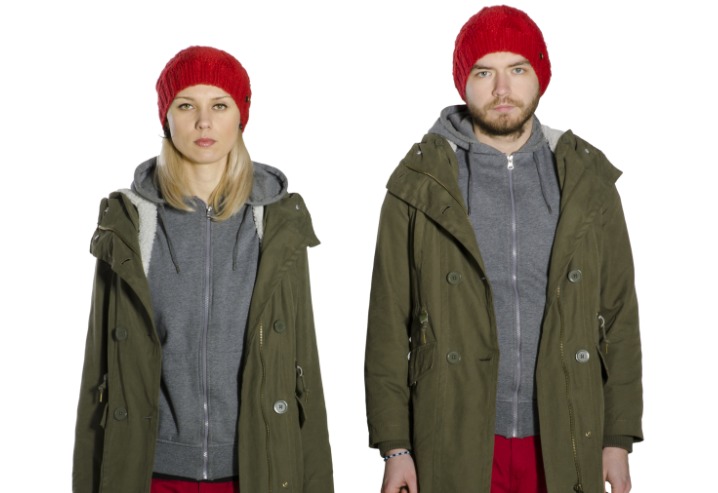‘Don’t change who you are for someone else!’ How many times have you heard this famous phrase? It’s an important message, yet one that seems to fall on deaf ears when most of us enter into new relationships. Have you ever been in a relationship where you have changed to become more like your partner – be it for better or for worse? Perhaps you have a friend who morphs themselves into a version of their partner with everyone they date?
While the ideal behind never changing yourself for anyone else is a good one, the thing is, that sometimes changing yourself is good for a relationship and necessary for it to survive. However, it seems there is a fine line between good change and not-so-good change. So what is ‘good’ change and how can it help our romantic futures?
Why does our identity shift?
Sometimes when we immerse ourselves in relationships we seem to take on the interests and habits of our partners. There is nothing untoward about this process as this helps us feel more in tune and connected with our partners. Whether we realise it or not, the way we see ourselves plays a big part in our lives and a partner can positively or negatively affect our lives without us realising it. And if we are too influenced by our partners, we no longer make decisions for ourselves, see our own friends and pursue our own interests. So from making decisions, through to self-respect and confidence, it is important that we protect our personalities and do not end up ‘losing’ ourselves.
Self-change in a relationship
In one recent study at Trinity University in the US, sociologists found that allowing ourselves to become more like our partners can play an important role in relationships. The study showed four main ways a person can change in what lead author Kevin McInyre called ‘self-changes’ – or how one person changes him or herself to become more like a partner. However, it was noted that only half of these changes are positive ones.
One change is based on self expansion when we do or talk about new things. Perhaps your new partner is passionate about politics or sport, so you find yourself reading and understanding more about the subject, so you can discuss issues with them, or you regularly accompany them as part of their hobby. These new behaviours show a growth in who you are as a person and make you do or talk about topics of interest that you may not have otherwise done if you were single. The other positive change is letting go of habits or traits that are negative, with a partner showing you a new way of thinking about things or doing things that are better than the old ways. Perhaps you have a belief about yourself that you can finally let go or you no longer approach arguments in the same way.
On the less positive side is the fact that in some relationships we can lose some of our positive beliefs about ourselves. Whether its having less time to spend on a favourite hobby or disinterest from our partner about something that is significant to us, we lose something that is good about ourselves and who we are. The study showed that some individuals also become more negative about themselves when they are in a relationship and the romance can facilitate negative attributes, such as insecurity.
The importance of change
Positive change is hugely important in relationships. Studies have shown that boredom is a powerful force in eroding happy marriages and long-term unions. One study in 2009 showed that couples who reported being in a rut seven years into their marriage were significantly less satisfied with their relationships when the researchers checked back nine years later. Many psychologists report that the one thing couples can do is share new experiences together and other studies show that couples who make time for fun activities tend to stay together longer.
Focusing on the positives and finding a balance
In a relationship it is important not to lose aspects of who we are because of our partners and it is equally important to allow ourselves to be influenced by them in a positive way, so we grow as people.
Be mindful of the changes you see happening and if they are not ones you like, this should be a red flag. Hold onto your old hobbies but be willing to explore new ones that appeal to your partner; you may discover new things, which you absolutely love. Equally sometimes another person can give us just the right impetus to stop bad behavioral patterns and your perception of love and the ideal relationship might change and perhaps be even better than before.
Author: Brett Harding is the director of Lovestruck, a website dedicated to online dating and bringing people together
Tweet



